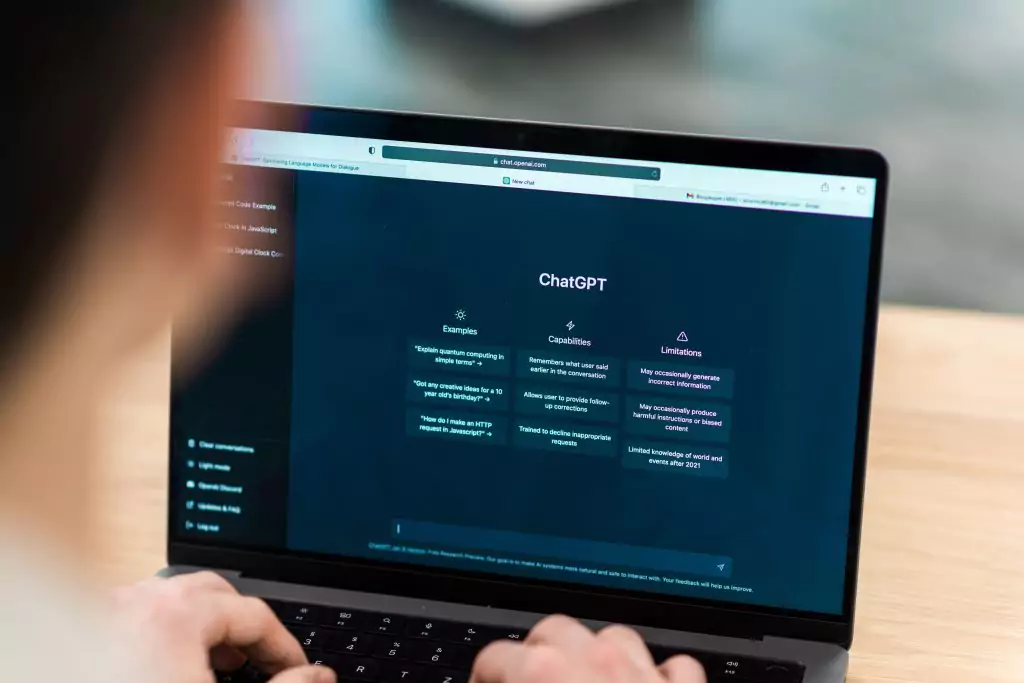
In the rapidly evolving landscape of computer science education, a contemporary point of discussion among students and educators alike involves the submission of code into plagiarism detection platforms, such as Turnitin. As these platforms become common fixtures in academic institutions, concerns are being voiced about their usage in assessing coding assignments.

✅ AI Essay Writer ✅ AI Detector ✅ Plagchecker ✅ Paraphraser
✅ Summarizer ✅ Citation Generator
Key Takeaways
- The primary concern is the potential for ‘false positives’ from plagiarism checkers, particularly when dealing with codes that often follow similar structures and patterns.
- The question of privacy is another significant issue. With many students uncomfortable with their code being stored and potentially compared with future submissions.
- There’s a widespread belief that personalized feedback from professors often provides a more accurate measure of a student’s abilities than plagiarism detection software.
In coding, specific structures and syntax are often reused across various programs, making it possible for plagiarism detection software to flag non-plagiarized code as suspicious. For instance, a ‘for’ loop or an ‘if’ statement follows a set pattern and can only be written in so many ways. As a result, two entirely different coding assignments may have similar components purely due to the nature of coding itself.
This fear of false positives has become a hot-button issue. It is a point of concern for students who diligently complete their assignments, only to have their efforts marred by an unintended overlap in coding structure.
An Issue of Privacy
Another heated point of the debate revolves around privacy. Once a piece of code is submitted to a plagiarism checker, it’s stored and used for future comparison. Students argue that this practice might inadvertently lead to future submissions being flagged as plagiarized even when they are not. Additionally, some students feel uncomfortable with the idea of their code being stored and used in this manner without their explicit consent.
Many are also advocating for a more personalized approach to assessing coding assignments. The argument here is that each student has a unique coding style, and assessing their work manually allows professors to understand their approach, thought process, and problem-solving strategies. This method, while time-consuming, could provide a more nuanced understanding of a student’s coding abilities and identify areas where they may need additional support.
A Call for Balance
While the use of plagiarism detection tools such as Turnitin can undoubtedly streamline the process of checking for academic dishonesty, the conversation around its application in coding assignments continues to unfold. It is clear that striking a balance between maintaining academic integrity and addressing students’ concerns regarding false positives and privacy is needed. Incorporating both automated checks and personalized feedback might be the solution to creating a more effective and fair academic environment in computer science education.
Mastering the Basics of Algorithm Analysis Essentials

The key to becoming proficient in computer science lies not only in coding but also in understanding the principles underlying algorithm analysis. These fundamentals help gauge the efficiency of algorithms and are essential in developing solutions that are both effective and resource-friendly.
Analyzing algorithms forms the cornerstone of computer science education. This analytical process involves a deep dive into how well algorithms perform, both from a temporal and spatial perspective. In layman’s terms, we’re assessing how quickly an algorithm can solve a problem and how much memory it needs in the process. This practice enables us to gauge the real-world applicability of our proposed solutions.
As students delve into these essential concepts, they gain the ability to select the most appropriate algorithm for a specific task confidently. This knowledge ensures their code is as streamlined as possible, optimizing its overall performance. They’re not just making educated guesses, but they’re making strategic decisions that enhance their code’s speed and efficiency.
Related article:
“AI Detectors Show Bias Against Non-Native English Writers,” Stanford Study Warns
DeepMind’s AlphaDev Changes the Art of Coding with New AI-Optimized Algorithms
Student Perspectives on AI Tools in Academia in 2023
Follow us on Reddit for more insights and updates.





Comments (0)
Welcome to A*Help comments!
We’re all about debate and discussion at A*Help.
We value the diverse opinions of users, so you may find points of view that you don’t agree with. And that’s cool. However, there are certain things we’re not OK with: attempts to manipulate our data in any way, for example, or the posting of discriminative, offensive, hateful, or disparaging material.